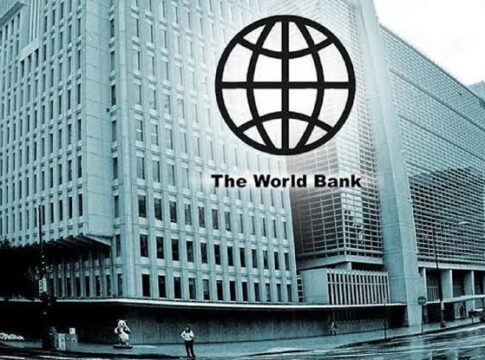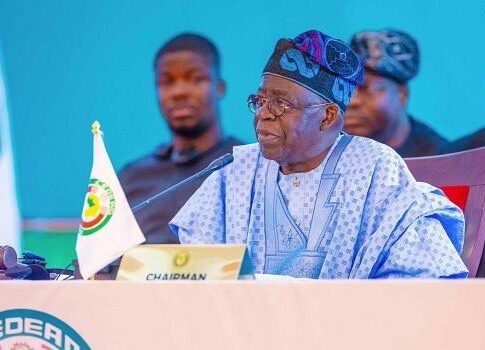The World Bank plans to provide Nigeria with $1.65 billion in loans next year to support internally displaced persons, education, and nutrition initiatives, as the country grapples with social and economic challenges.
According to the World Bank, the loans are part of efforts to bolster Nigeria’s development in vulnerable sectors. The largest share, $800 million, will focus on nutrition programs under the “Accelerating Nutrition Results in Nigeria 2.0” project. A decision on the project is expected by February 20, 2025.
Another $553.8 million is earmarked for the “HOPE for Quality Basic Education for All” project. Scheduled for approval by March 20, 2025, it aims to improve access to quality education, particularly for underserved communities.
The third loan, valued at $300 million, is targeted at addressing challenges faced by internally displaced persons (IDPs) and their host communities. The “Solutions for the Internally Displaced and Host Communities Project” will be up for approval on April 8, 2025.
READ MORE: ConsenSys Report: Nigeria Tops Global Crypto Adoption, Trust in Digital Data Soars to 98%
“These funds will provide much-needed relief to Nigeria’s vulnerable populations,” a World Bank official said. “We hope to see impactful reforms and accountability in the implementation of these projects.”
Nigeria’s rising external debt has drawn attention, with the World Bank’s share reaching $16.32 billion, accounting for 38% of the country’s total external debt, according to the Debt Management Office. The Tinubu administration has already secured $6.95 billion in loans from the World Bank since taking office in 2023.
In December 2024, the World Bank approved a $500 million loan for the Rural Access and Agricultural Marketing Project. The initiative aims to connect rural communities to markets, schools, and healthcare facilities, enhancing productivity and social integration.
“The World Bank remains committed to helping Nigeria address critical development gaps,” the institution stated.
Earlier loans have supported power, women’s empowerment, and education. In June 2023, the World Bank approved a $750 million loan to stabilize Nigeria’s power sector, while another $500 million was allocated to improve women’s economic opportunities under the Nigeria for Women Program.
Nigeria’s foreign debt servicing costs have soared, reaching $3.58 billion in the first nine months of 2024, a 39.77% increase from $2.56 billion during the same period in 2023. Analysts warn that while loans address pressing issues, transparency and implementation remain key to ensuring long-term benefits.




